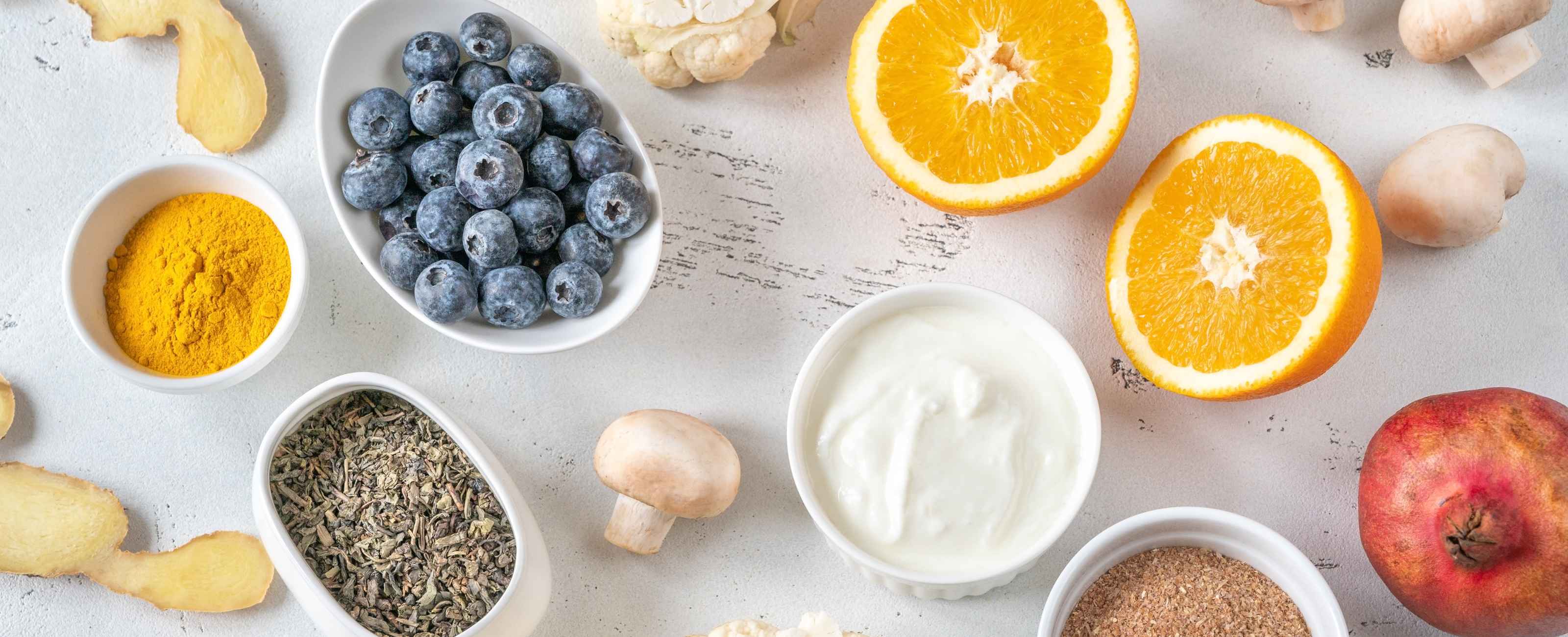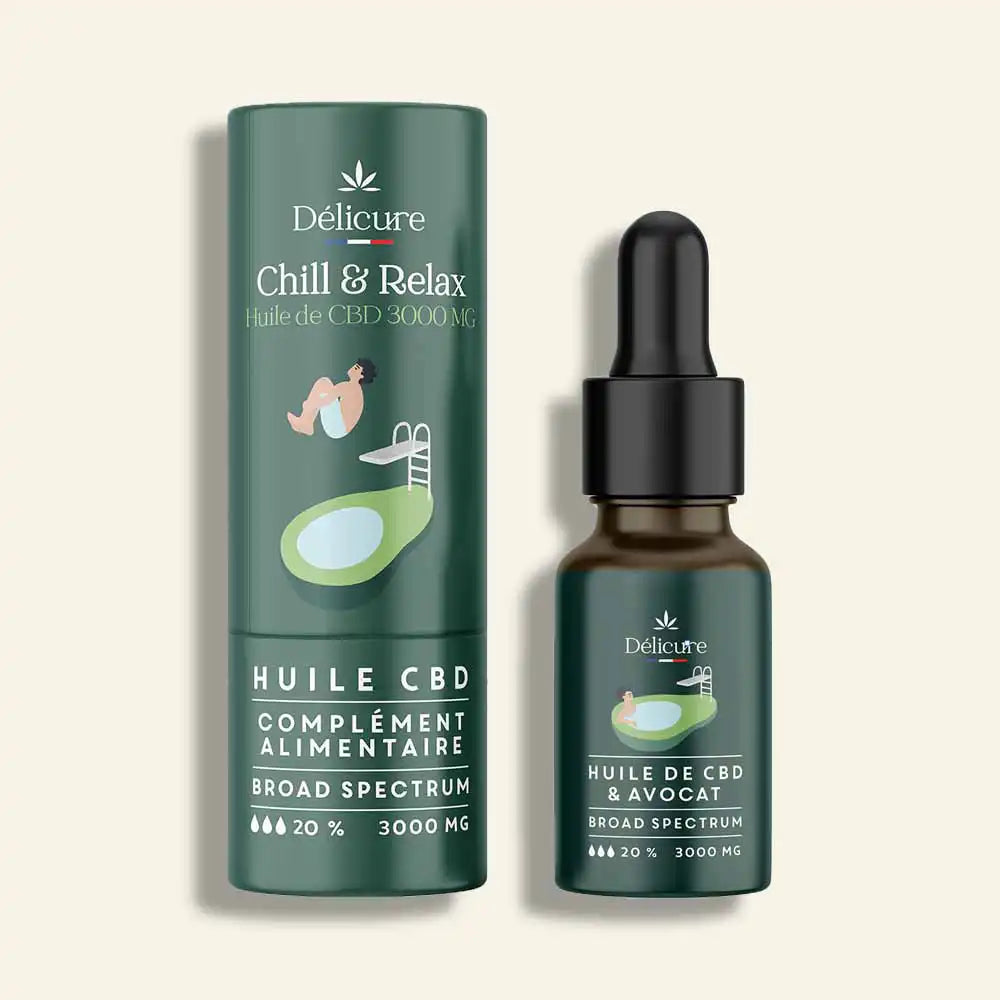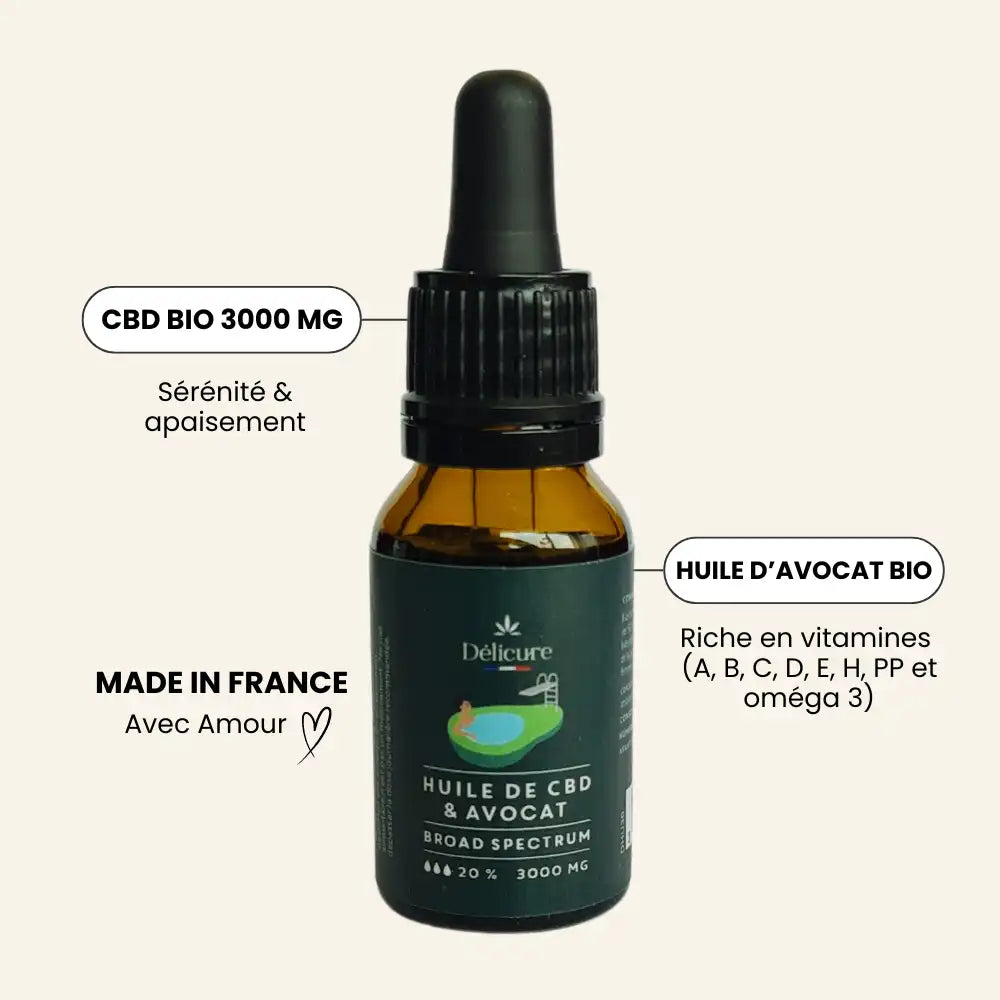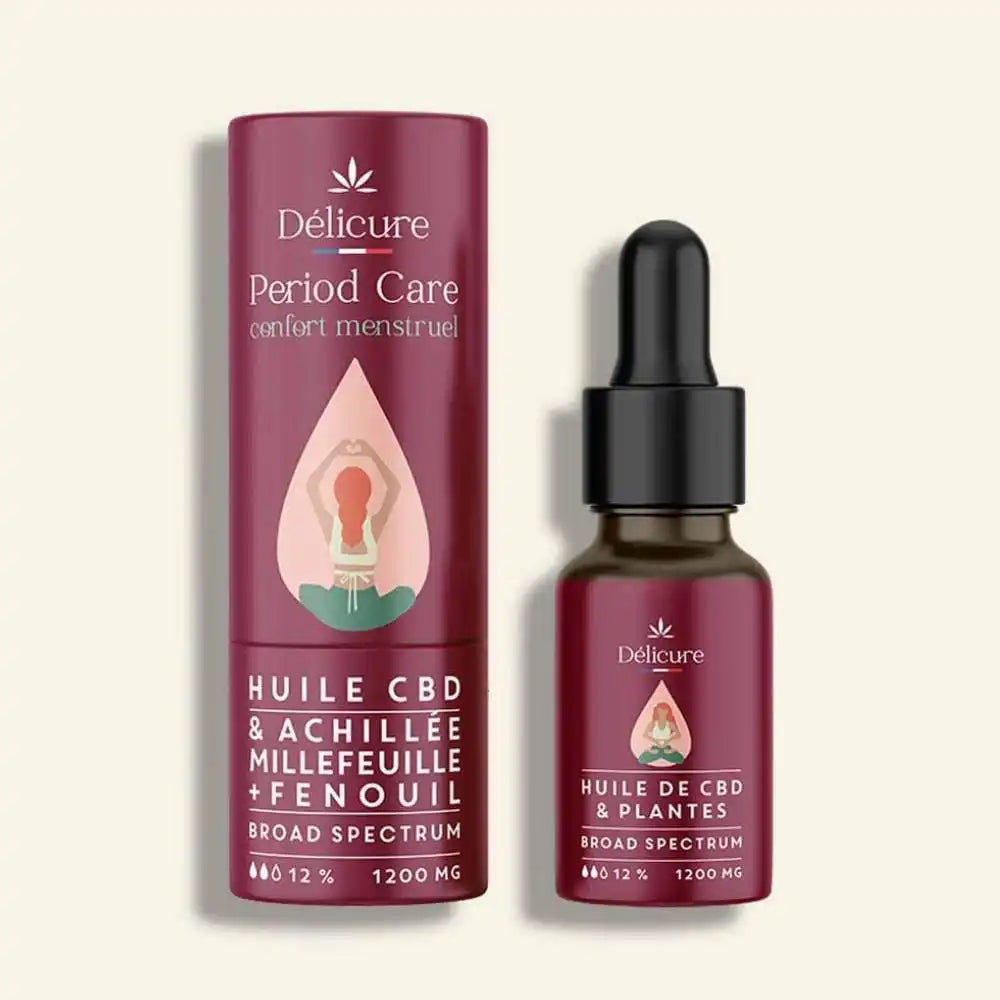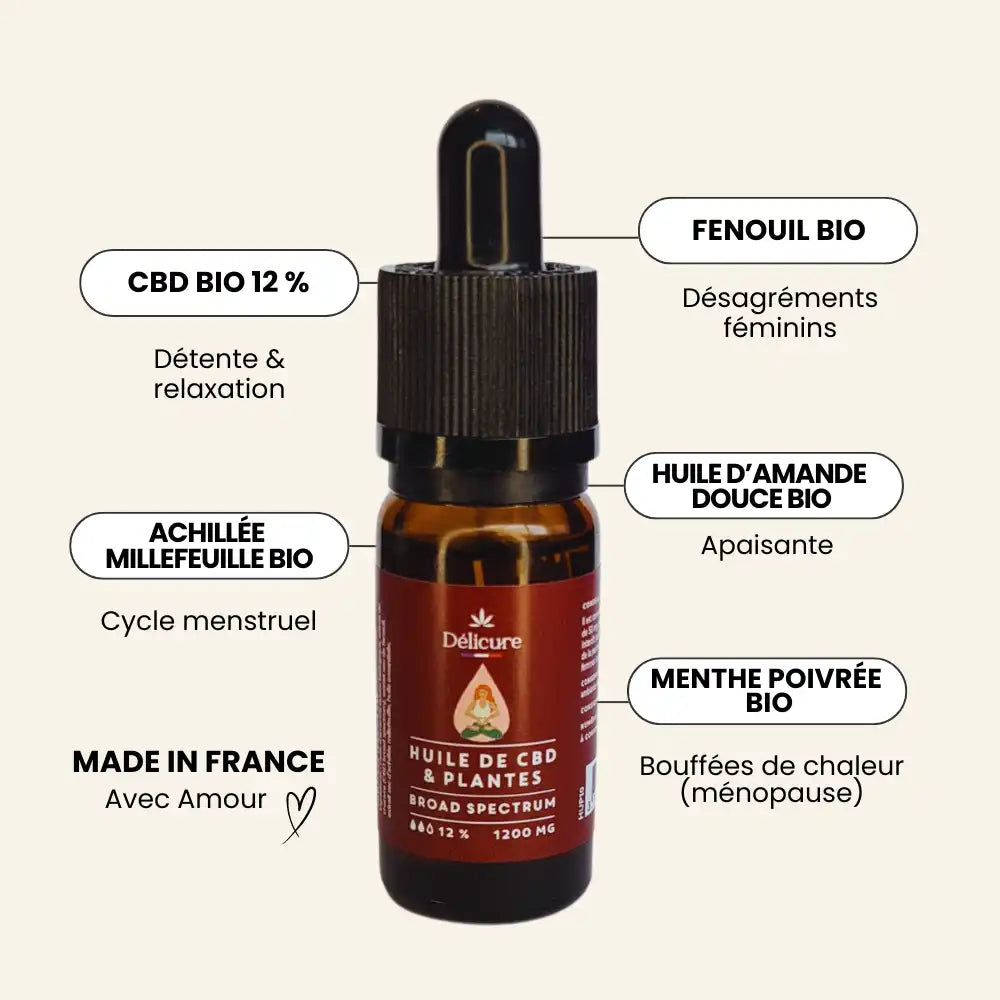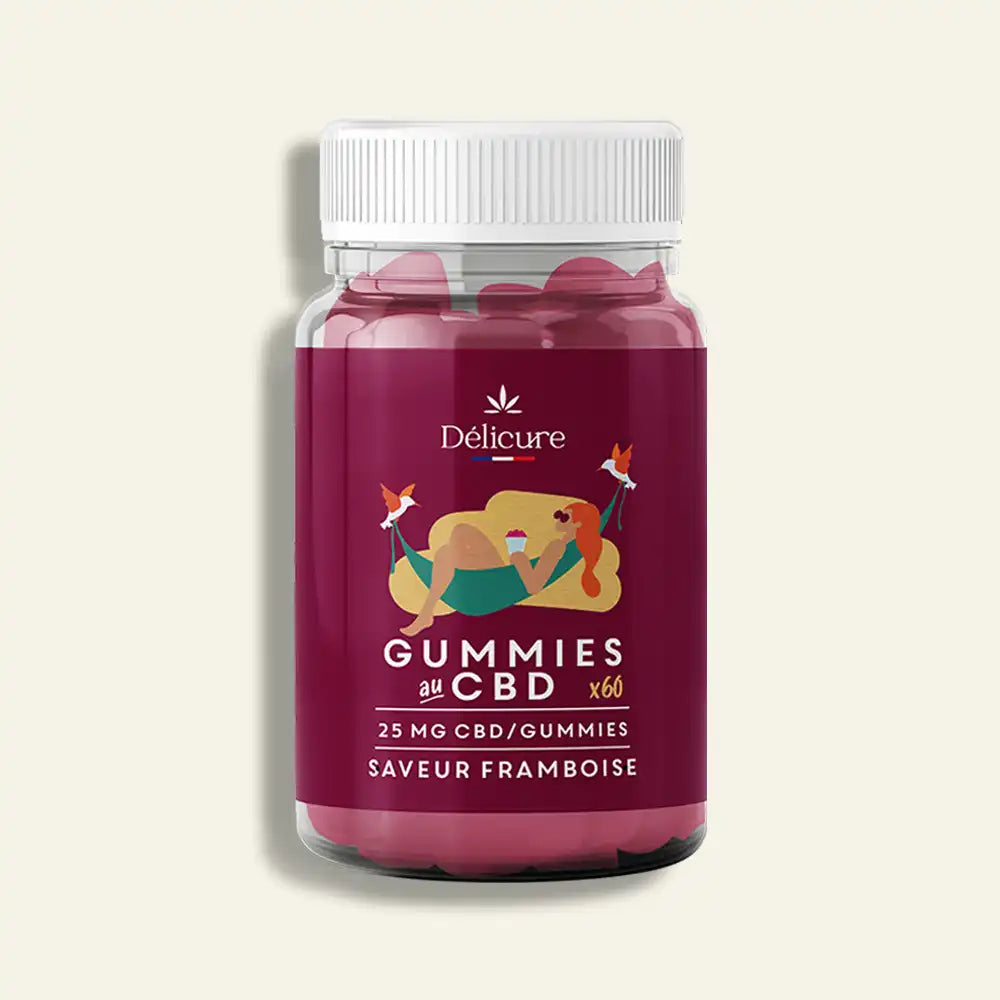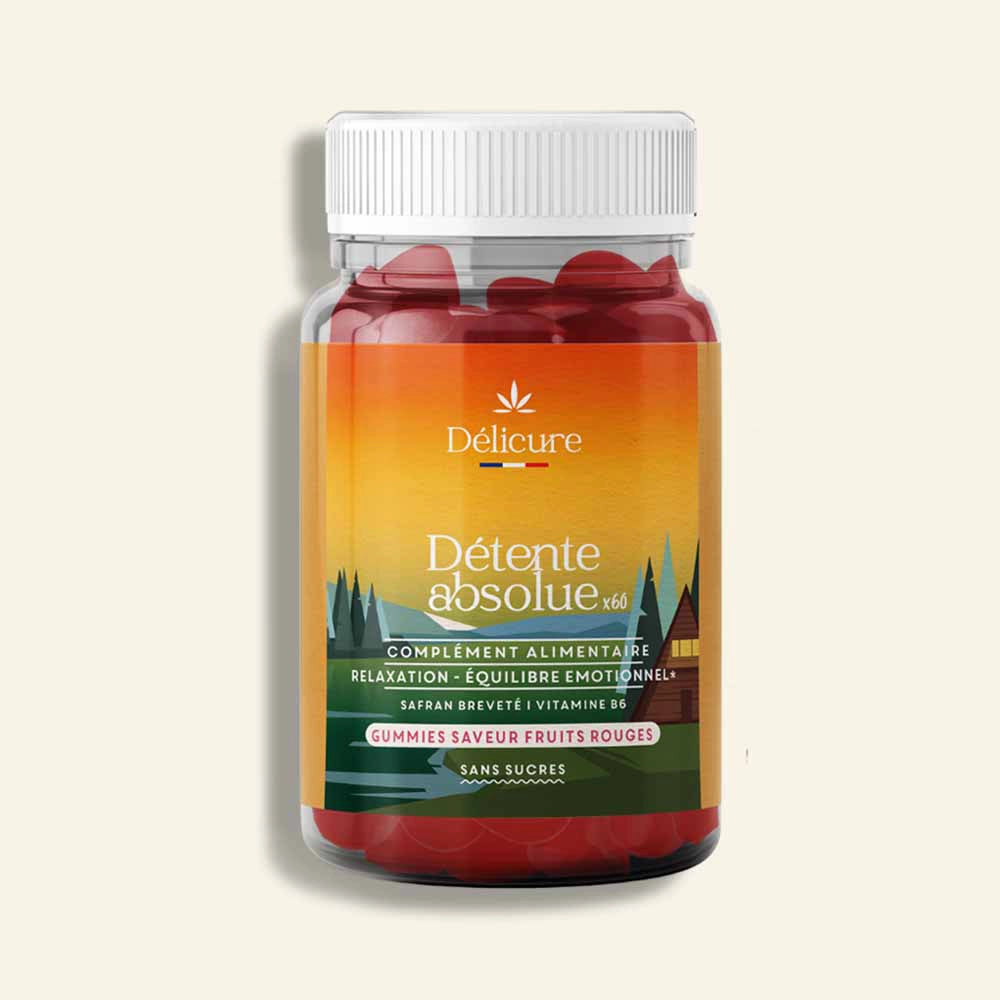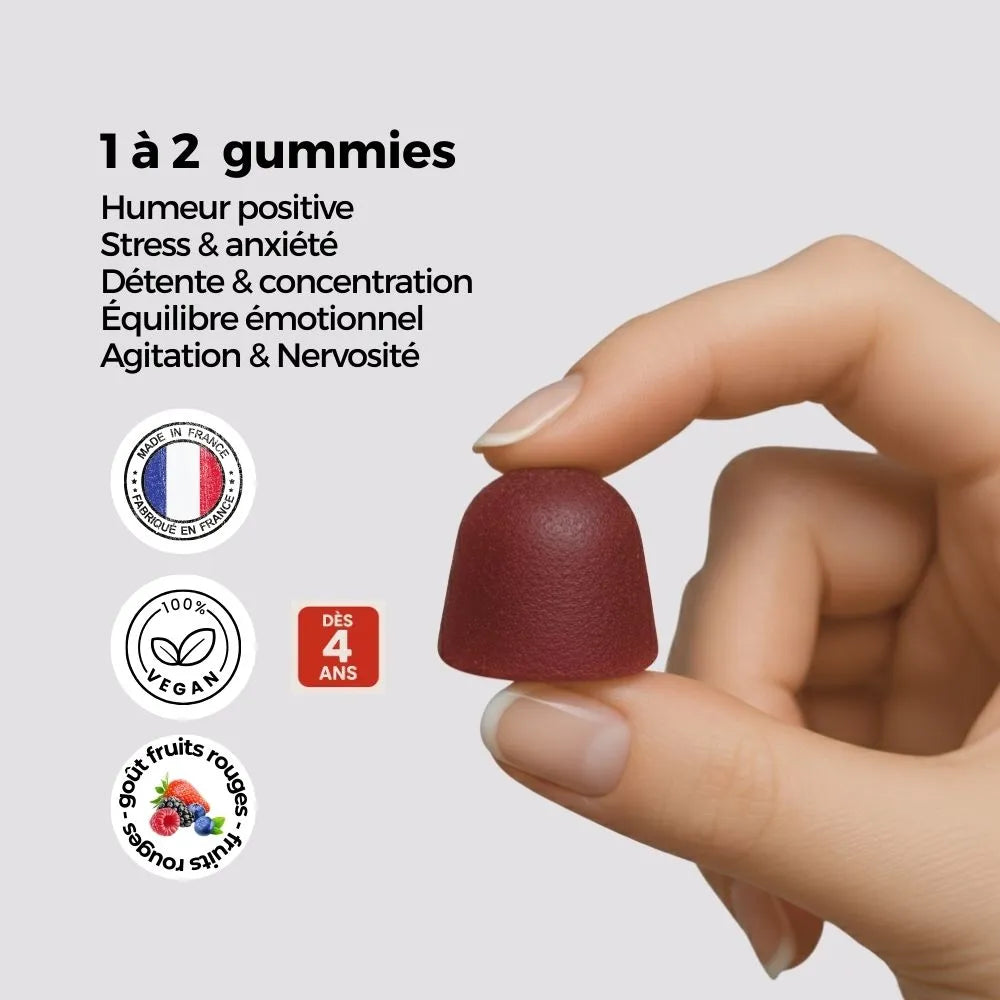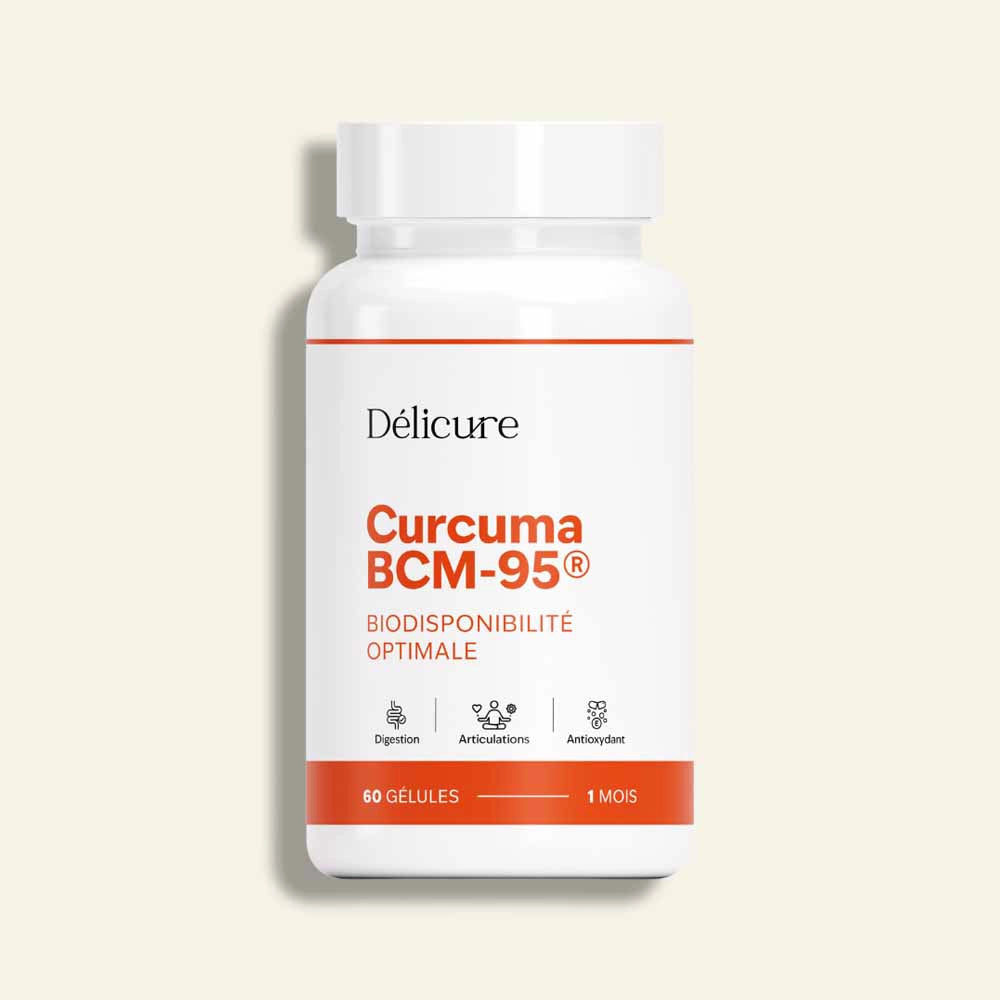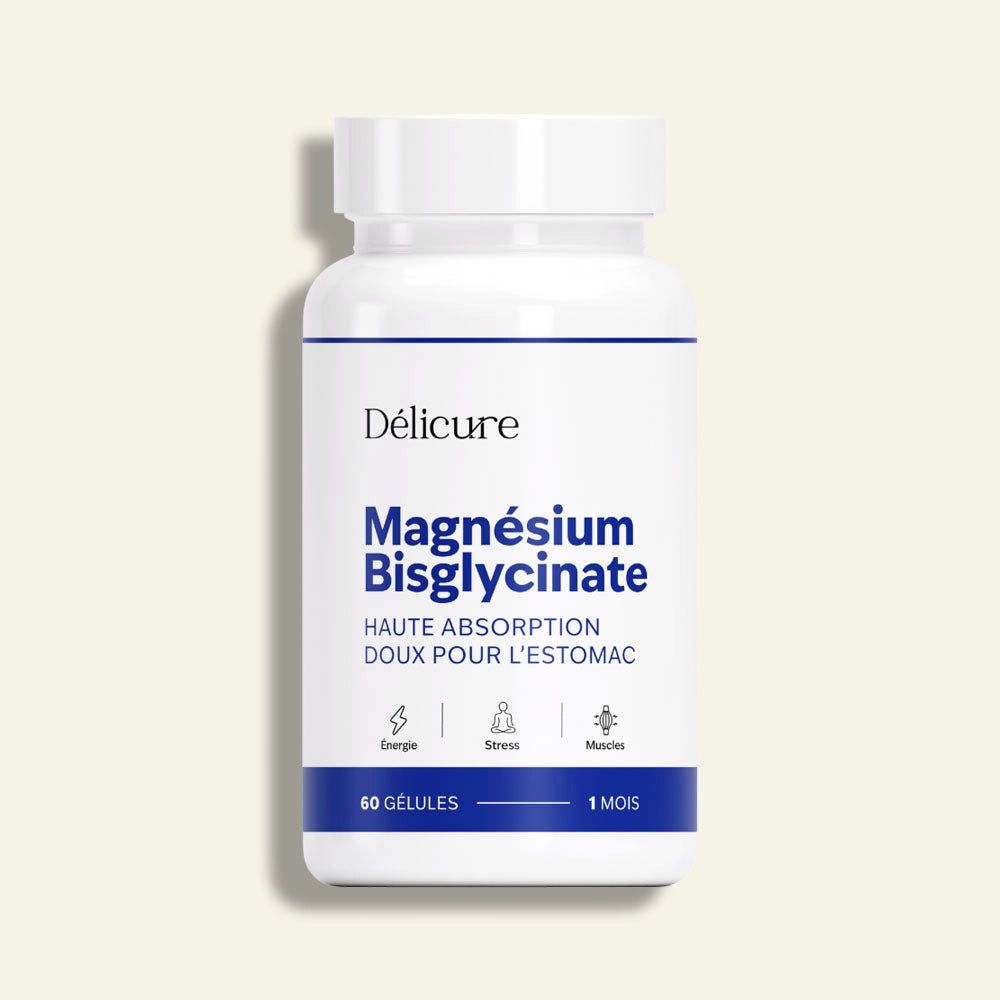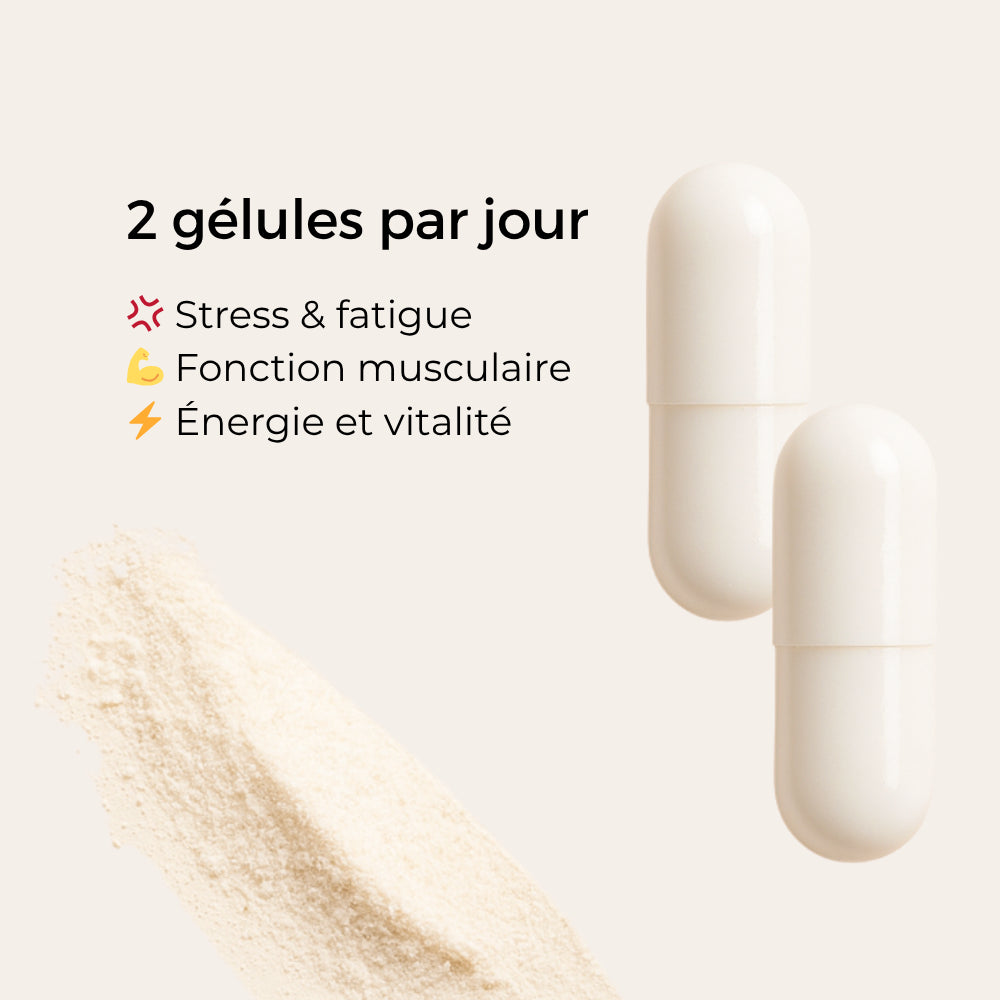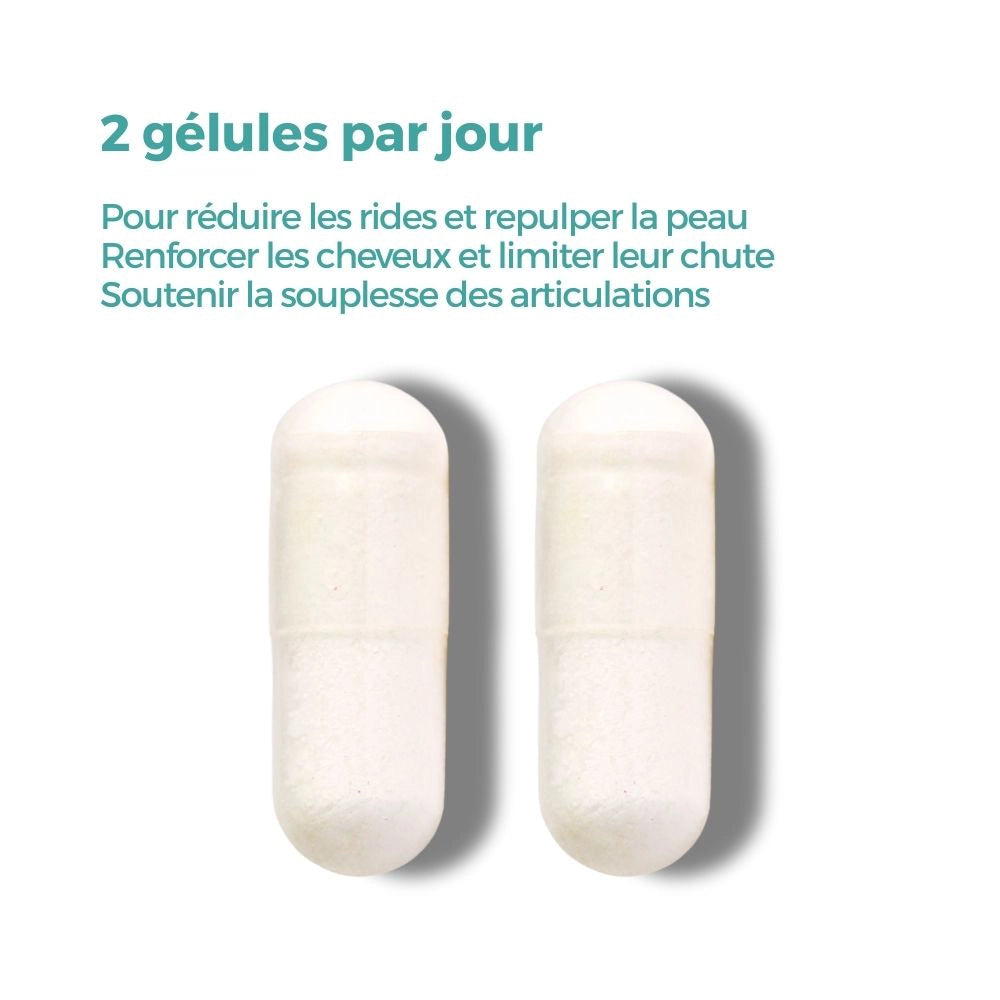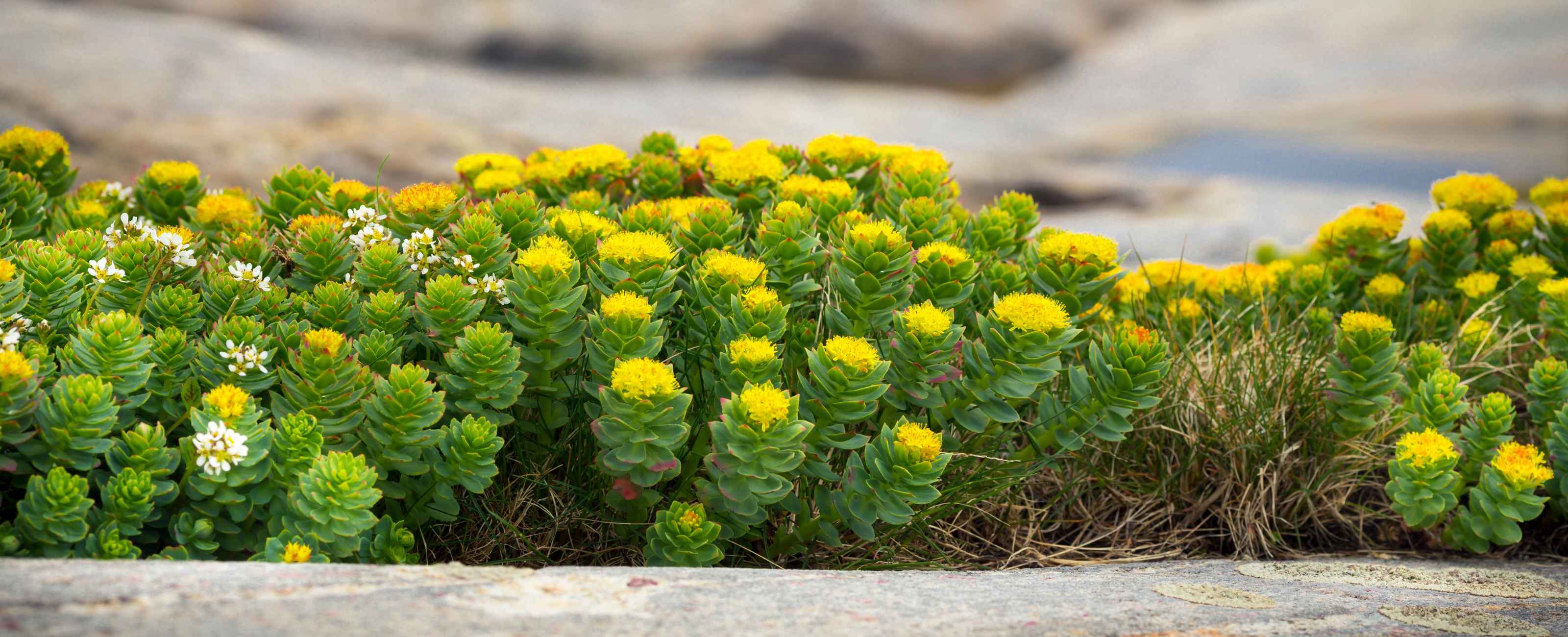
Adaptogenic plants and stress?
Stress is today one of the main factors of chronic poor health which impacts all levels of society as well as all categories of the population. But, did you know that certain plants have natural properties against stress and anxiety, which act as real remedies?
Adaptogenic plants
Certain adaptogenic plants have been known for a long time to be particularly effective on stress levels, thanks to their properties. Among them, we mainly include rhodiola, holy basil, saffron, and guarana.
For some time now, other medical scientific criteria have been added so that a plant can be properly qualified as an adaptogen. This must now increase the overall resistance of the body in a specific way, but also have a normalizing action at the physiological level to facilitate an adapted response to stress, and finally not be toxic.
Adaptogenic plants are medicinal plants, particularly used in herbal medicine, which therefore have “adaptogenic” values. They are generally defined as “plants possessing pharmacological substances capable of giving an organism increased resistance, making it possible to ward off possible attacks”.
This may concern the level of stress, intense or exceptional efforts of the body... An adaptogenic plant therefore has a direct effect on stress, its signals, its level and its increase.

The powers of anti-stress plants
Rhodiola is a mountain plant, sometimes called “pink stonecrop”, “golden root” or even “tundra ginseng”. Its name actually comes from the light, subtle rose scent its roots give off when freshly cut. It grows in cold regions (Asia, Siberia, Scandinavia, North America, etc.) and sometimes develops up to 4000 m altitude. As it grows, Rhodiola is a plant that adapts and becomes more and more resistant to attacks from its environment (climatic conditions, weeds, various attacks, etc.).
It had been used for a very long time, particularly since Antiquity and the Middle Ages, and was sometimes called “golden root”. We know today that the Vikings used it to compensate for declines in form and morale and in order to regenerate as quickly as possible and to give them courage and ardor in what they undertook. . This plant from the Arctic Circle was one of their main daily “medicines”.
Ashwagandha ( Withania somnifera ) is a plant often nicknamed "dormant berry", "winter cherry" or " the king of Ayurvedic herbs . Its name actually comes from Sanskrit and initially means “smell of the horse”. This is due to the fact that the plant diffuses horse odors, and legends say that it gives the vitality of a stallion.
Its effects are quite similar to those of ginseng and allow a reduction in stress levels as well as better relaxation. This root actually acts as an anxiolytic and reduces the level of the stress hormone: cortisol. Significant results appear after two months of treatment. This plant can also be used against chronic fatigue, insomnia , or even certain minor symptoms of depression.
Chaga ( Inonotus obliquus ) is a mushroom often nicknamed “oblique polypore”. It grows in the heart of Russian forests, mainly Siberian. It is found on the bark of birch trees. In Russia, it has been used for a long time as a traditional remedy for gastric problems. It is also a strong antioxidant.
Its effects are quite similar to those of ginseng and allow a reduction in stress levels as well as better relaxation. This root acts as an anxiolytic and reduces the level of the stress hormone: cortisol. Significant results appear after two months of treatment. This plant can also be used against chronic fatigue, insomnia, or even certain minor symptoms of depression.
Cordyleps ( cordyleps sinensis ) is a parasitic fungus often nicknamed “Chinese caterpillar fungus”. It grows mainly at high altitudes, mainly around Tibet. It contaminates caterpillars and produces fruit on them. The contamination progresses until the caterpillar dies and more or less resembles a fungus on the ground.
It is initially used against fatigue and exhaustion, but over time also in certain forms of endurance training. A treatment of at least three months would even have an impact on athletic and sports performance.
Its effects are quite similar to those of ginseng and allow a reduction in stress levels as well as better relaxation. This root acts as an anxiolytic and reduces the level of the stress hormone: cortisol. Significant results appear after two months of treatment. This plant can also be used against chronic fatigue, insomnia, or even certain minor symptoms of depression.
Along the same lines of plants with anti-stress powers, we also include ginseng, lion's mane, reishi, etc.

Infusions and herbal teas
Many plants have always been used in alternative medicine, in preventive medicine, or even in makeshift medicine for their various benefits: soothing the nervous system, combating stress, relieving and avoiding fatigue, reducing increases in stress, containing the nervousness, relieve anxiety, relieve digestion , etc…
Generally, these plant bases (mostly aromatic) are ingested through various infusions or traditional herbal teas and for the most part act as mild sedatives without addiction. The dried plants in decoction are boiled and infused in hot water (for a certain time) to allow their properties to diffuse into the broth, then the patient drinks the remedy.
Among the most famous plants since Antiquity, we of course include chamomile, lemon balm, linden, hawthorn, passionflower, holy basil, ashwagandha, schisandra, Chinese astragalus, American skullcap , matricaria, valerian, motherwort, or even verbena, etc. But there are also certain minerals such as magnesium for example.
Did you know ?
Nowadays, many food supplements are mainly composed of adaptogenic plants with the aim of reducing stress and anxiety. Rhodiola and holy basil seem to be the most appropriate among them because they are the most relevant.
Rhodiola actually acts as a natural anxiolytic and antidepressant. Indeed, it helps maintain cortisol within physiological values, and blocks the destruction of serotonin and dopamine (which are, remember, the hormones of well-being). Rhodiola is therefore perfectly indicated for attacks of stress, anxiety, adjustment disorders generating anxiety, as well as depression (mild and moderate). This is also, to a lesser extent, the case for holy basil.
Saffron and guarana are, for their part, more interesting and effective in the event of a drop in morale linked to temporary anxiety, for example linked to disappointment, bad news, an accident or latent stress. Saffron in particular has a neuroprotective role which acts on cognitive decline, particularly in people prone to neurodegenerative diseases such as Alzheimer's.
Délicure offers a perfectly indicated anti-stress supplement in its range: the Stress cure . This is a supplement which, like all the other ranges of the brand, is: made in France , gluten-free, 100% vegan, with delicious natural peach flavors, not tested on animals, and packaged in recyclable packaging! The gummies are composed of an alloy of gaba, holy basil, rhodiola, saffron and vitamin B6, to protect the nervous system, reduce stress levels, and promote relaxation!






